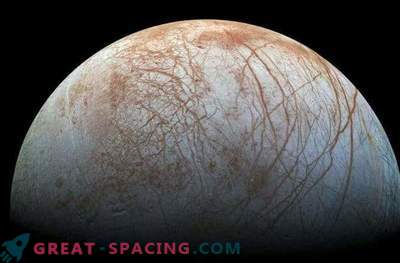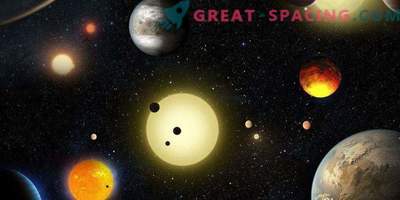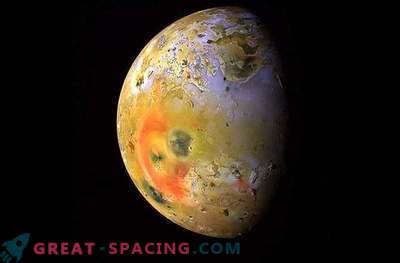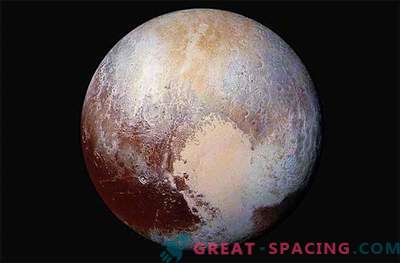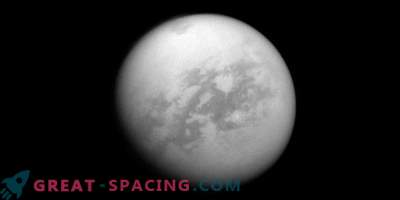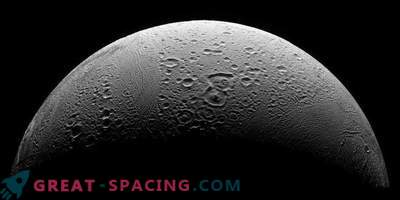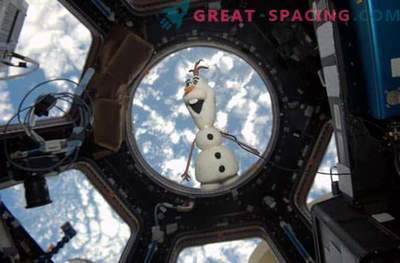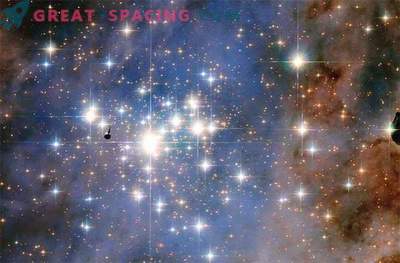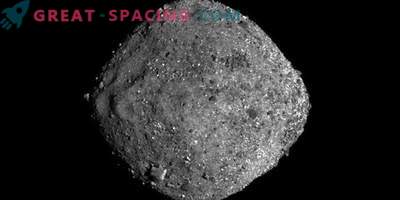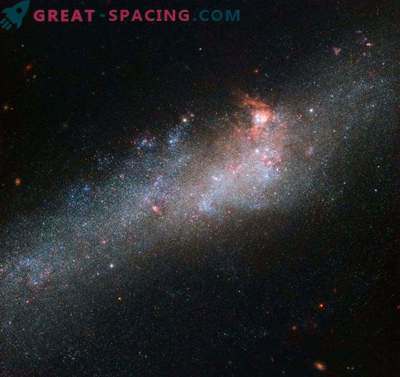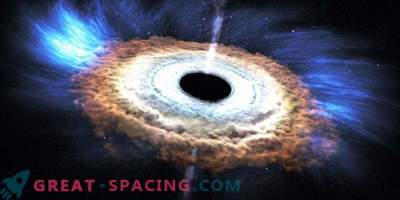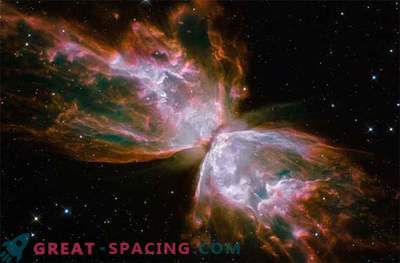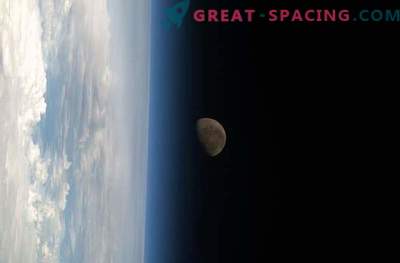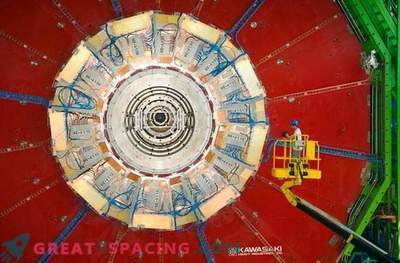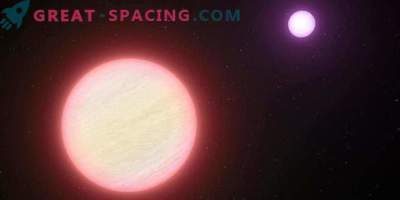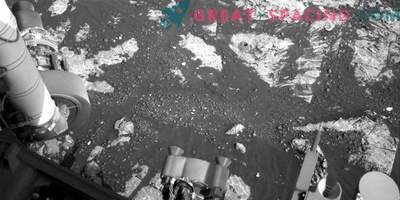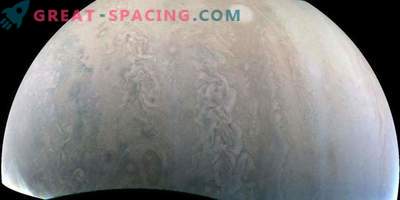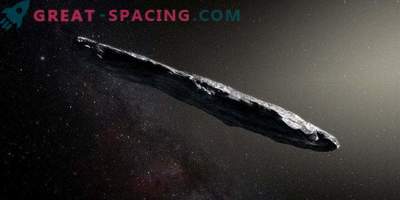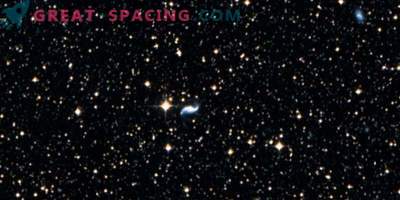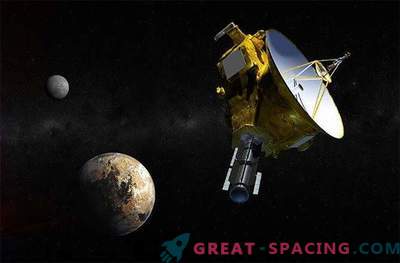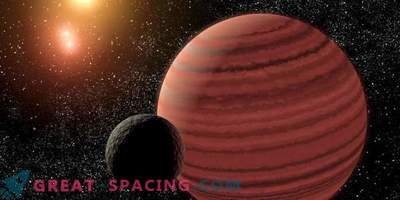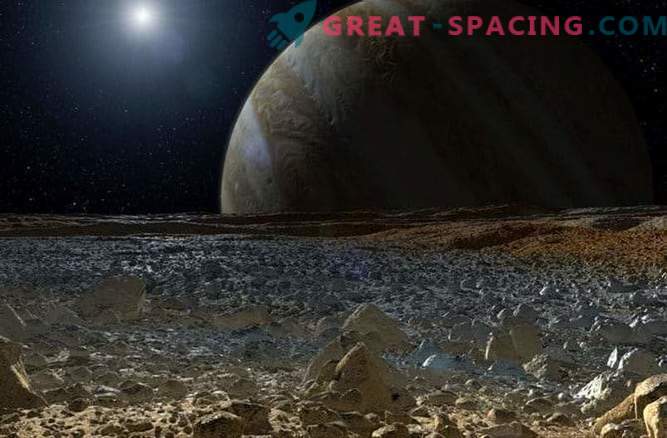
When considering the issue of places in the Solar System outside the Earth, where life could have originated, it is difficult to imagine a more suitable world than the satellite of Jupiter Europe.
It is believed that this satellite has an ocean lying beneath the surface, which is protected from space radiation by a thick ice shell. It is also believed that the ocean is filled with salt, the chemical composition of which is similar to that of the earth. Some hypotheses even suggest that there is enough oxygen and nutrients there to support not only the life of microorganisms, but also multi-cell life.
Is the ocean on Europe like the earth? Can this satellite be a biological oasis revolving around the most massive planet in the Solar System?
In a new study published in the journal Geophysical Research Letters, NASA scientists studied what chemical composition is possible in the ocean of Europe and what geochemical processes could take place there.
"We study the alien ocean using methods developed based on the movement of energy and nutrients in Earth’s own systems," said planetary scientist Steve Vance from NASA's Jet Propulsion Laboratory in Pasadena, California. "The circulation of oxygen and hydrogen is the main driving force in the oceans of Europe and the oceans of the Earth." Europe, as scientists believe, has a stone core with deep cracks that are filled with water. As the core of Europe continues to cool, many cracks form there, allowing the inner layers to interact with water.
On Earth, the interaction between water and minerals in rocks is called “serpentisation,” a reaction that forms new minerals, releasing copious amounts of hydrogen. Since over a billion years an increasing number of cracks have formed, the reaction of mixing salt water with hydrogen in the ocean of Europe has had a long time. This is the first half of the “life-giving equation” of Europe.
Assuming that these complex geochemical processes take place in Europe, another component is necessary for life: an oxidizing agent, which is required for the formation of key chemical reactions with hydrogen. It so happened that the surface of Europe could be the perfect supplier. As the intense radiation of Jupiter affects the water ice, a sufficient amount of oxidizing agent in the form of oxygen atoms should form on the surface.
It is well known that Europe has surface rifts and cracks that are constantly being updated. The absence of impact craters suggests that some form of icy tectonic activity constantly rejuvenates the surface, allowing these oxidants to leak into the subsurface ocean. "Ice oxidizers are like a positive battery pole, and chemicals from the ocean floor, called reducing agents, are like a negative pole," said planetary scientist Kevin Hand, also from NASA's Jet Propulsion Laboratory in Pasadena.
These chemical processes do not require any form of volcanic activity in order to start, in fact, the reaction of serpentization with the rocky core may be enough to form a rich chemical composition, terrestrial.
If these geochemical processes really occur in the ocean of Europe, this satellite of Jupiter may be the ideal place for the origin of life.


